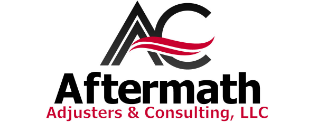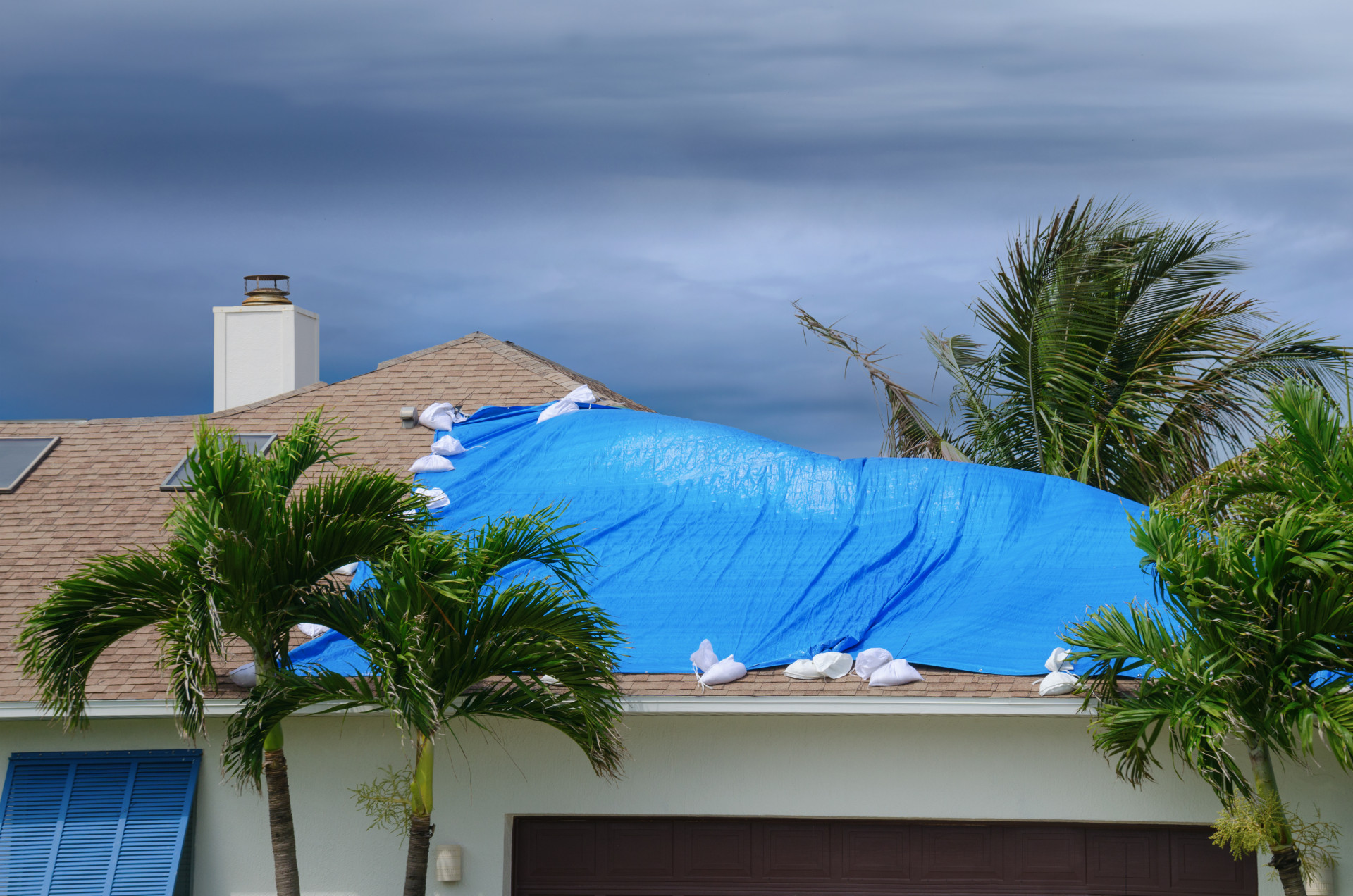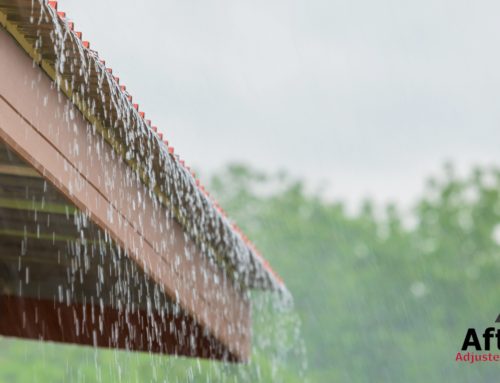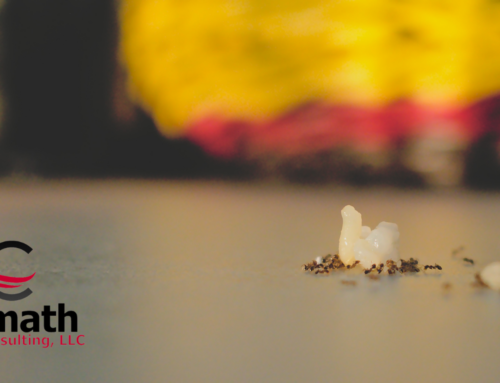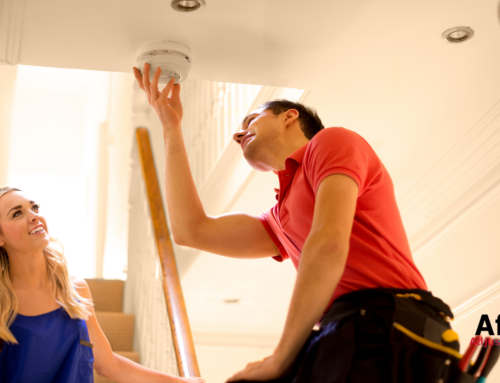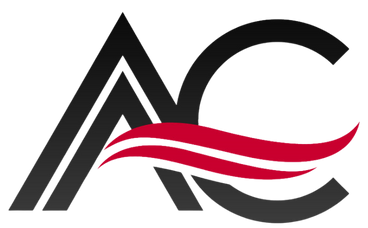A hurricane just passed through the state, and you’ve suffered hurricane damage. Because hurricane claims are so time-intensive and difficult, you know that you are going to get help from a public adjuster. However, there are a few things you need to do to prepare for that first call.
Mitigate Damages
Your insurance policies state that it is your responsibility to prevent further damages from occurring after a hurricane. You are required to do this as soon as it is safe to do so. You do not have to contact your insurance carrier first, nor do you need anyone’s permission.
Things to consider are:
- Using tarps to cover damaged roofs
- Using plywood to cover missing windows or areas now open to the elements
- Drying out wet areas to prevent mold
- Extracting water
- Making temporary repairs
- Using sandbags to create a barrier for standing water
- Moving valuables to a safe location to avoid theft
Once it is safe to enter the home, take photos and/or video of the damage before you take any mitigation efforts. This will help justify the costs. Once you have completed your mitigation activities, take photos and/or video to show the work you completed. If possible, retain any damaged items so your insurance carrier can inspect them if needed. However, if these items pose a health hazard, photograph the items and properly discard them.
Photography and Videography
Prior to a hurricane, it is always a wise practice to take a full inventory of your home and its contents. Before a hurricane, this inventory will help you determine if you carry enough insurance on your property. After a hurricane, the inventory can help you prove your insurance claim.
Additionally, you should document the damage to your home. Be organized in your approach so that you are sure to capture everything.
- Exterior walls
- Roof
- Each room
- Individual pieces of damaged property
Take these photos as quickly after the storm passes to show that the hurricane, and not a later weather event, caused the damage.
Comply With Time Limitations
It is important to report the claim promptly to your insurance carrier. Each policy has strict deadlines for filing claims and providing the required documentation, so the sooner you file, the better. You can begin your claim before hiring a public adjuster. They will be able to adjust the claim as needed.
Do not risk a claim denial by:
- Getting estimates first
- Waiting to determine if your claim exceeds the deductible
Gather Information About Your Insurance
When hiring a public adjuster, they will need to have access to copies of your insurance policies.
These include:
- Homeowners policy
- Flood insurance – homeowners insurance does not cover floods or storm surges.
- Windstorm insurance – Hurricane wind damage is not always covered under a Florida homeowners policy
In addition to these policies, have the contact information for filing the claim, your claim number, and any notes you have from your initial contact with the insurance carrier.
Keep Track of Expenses
Be sure to keep all receipts pertaining to the mitigation process. This includes:
- Invoices from vendors helping with the cleanup process
- Invoices from contractors providing emergency repairs
- Hourly worker timesheets
- Receipts for materials and supplies such as plywood, tape, tarps, etc.
- Invoices for equipment such as fans or dehumidifiers
- Additional living expenses such as hotels, food, hygiene purchases, etc.
If the damage has affected your business location, you will also need to save receipts for activities to resume operations. This can include rent, moving, technology installations, etc. at a temporary location.
By taking care of homeowner responsibilities before calling Aftermath Adjusters & Consulting, the process will be much smoother. If you have any questions about how our public adjuster firm can help you with your hurricane claim, give us a call at (954) 329-2456. We’d be happy to answer any questions.
